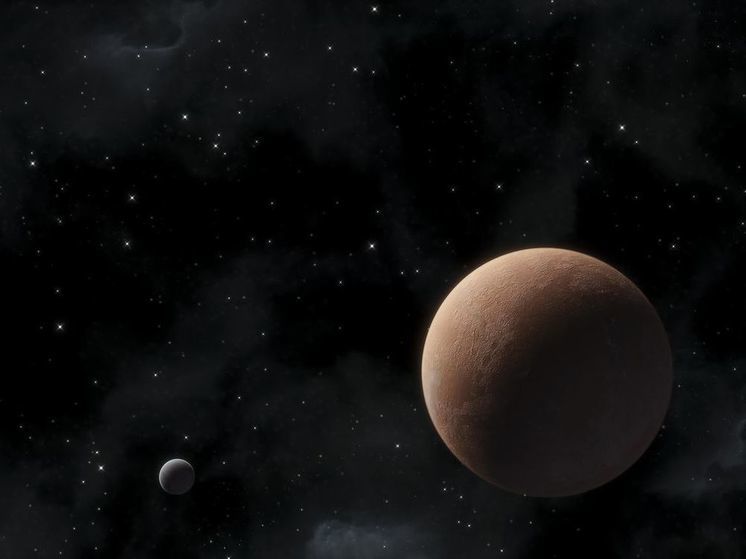Our planet's waters depend on the orbits of the solar system
Analysis of cores obtained by deep-sea drilling rigs shows that the gravitational influence of Mars may be sufficient to shift Earth's oceans per cycle by 2.4 million years.

It has long been recognized that fluctuations in the Earth's orbit around the Sun affect the planet's climate, with these cycles operating over periods measured in thousands of years. Now Adriana Dutkiewicz of the University of Sydney and her colleagues claim they have discovered a 2.4-million-year «Great Cycle» that they believe is driven by Mars and has had a dramatic effect on currents in Earth's oceans for at least 40 million years .
“Mars' gravitational pull may be strong enough to roil the oceans, shifting them within the climate cycle,” researchers report.
Evidence of this cycle comes from nearly 300 deep-sea drilling cores that revealed unexpected changes in ocean sediment. During periods of stable currents, oceanographers expect sediment to settle in stable layers, but unusual currents and eddies can cause sediment to accumulate elsewhere.
Lacks or breaks in sediment records correspond to times when gravity Mars has a maximum impact on Earth, quietly affecting the orbital stability of our planet. This changes solar radiation levels and climate, manifesting as stronger currents and eddies in the oceans.
Team member Dietmar Müller admits that the distance between Earth and Mars is so great that it is difficult to imagine any significant gravitational force at work.
“But there are so many feedbacks that can amplify even small changes,” he declares. “The influence of Mars on Earth’s climate is akin to the butterfly effect.”
Benjamin Mills supports his colleagues and admits that drill cores provide more evidence of the existence of “megacycles” in global environmental change.
“Many of us have seen these multimillion-year cycles in various geological, geochemical and biological records, including during the famous explosion of animal life in the Cambrian period,” he concludes. “This paper helps cement these ideas as key components of environmental change.”
But Matthew England says the study contributes to the understanding of climate cycles on a geological scale, but he is not convinced by the paper's conclusions.
England also points out that even if the Red Planet does have an impact, it is nothing compared to human-caused climate change: “The Impact of Greenhouse Gases This makes it look like a sledgehammer in comparison, so it has nothing to do with today's climate, where we see melting ice sheets reducing ocean circulation.»


























































Свежие комментарии